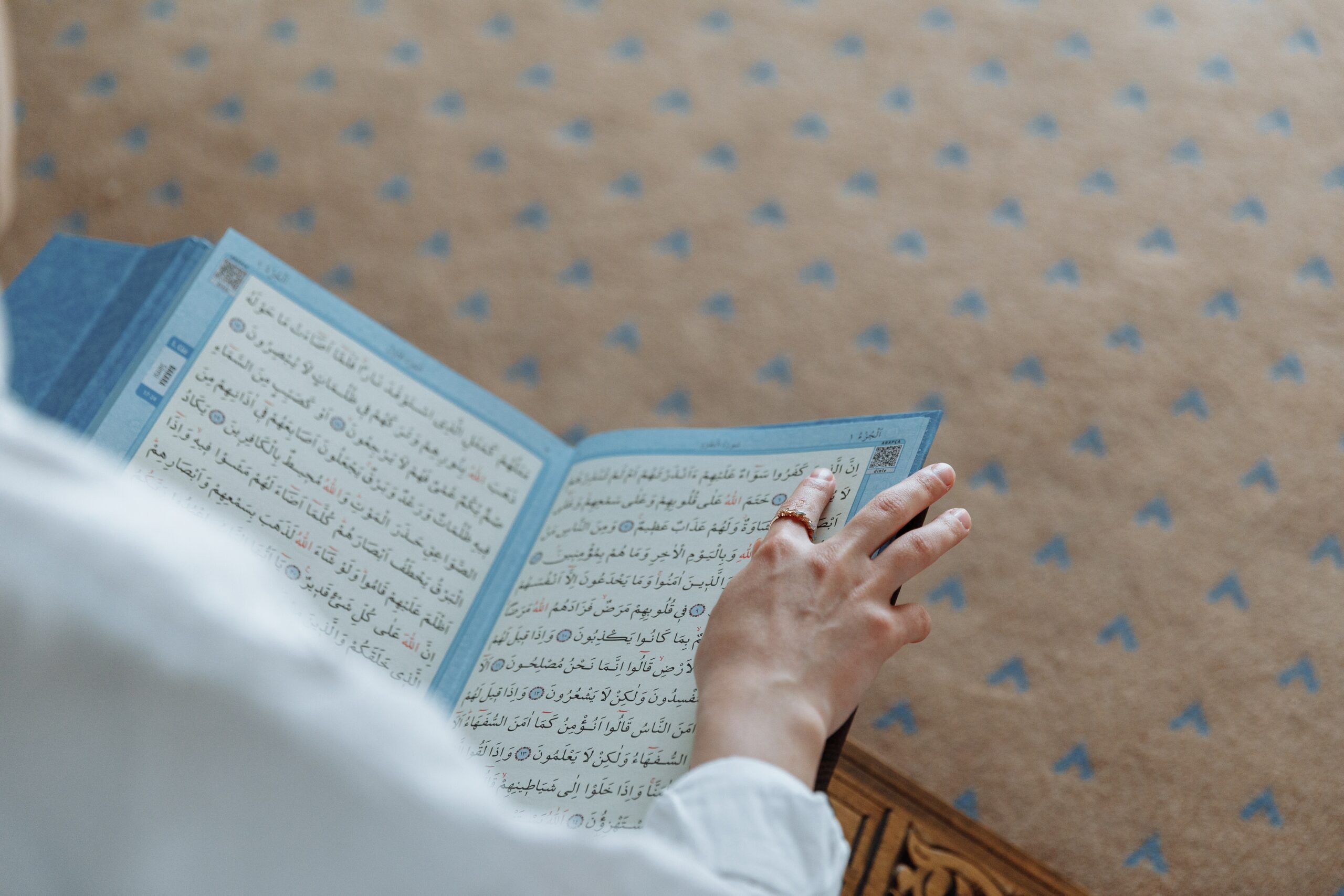
Mawlid of Prophet Muhammad ﷺ, an Opportunity to Emulate Goodness
27 September 2023
Human Initiative – Many Muslims consider the Mawlid of Prophet Muhammad ﷺ as an opportunity to reflect on becoming better individuals. After all, the Prophet ﷺ came as a figure who transformed human civilization into a bright era, with the Quran and Hadith as his guidance. This all refers to Allah’s subhanahu wa ta’ala saying, demonstrating the greatness of the noble Prophet ﷺ:
“And indeed, you are of a great moral character.”
(Quran, Surah Al-Qalam, 68:4)
Commemorating the Mawlid of Prophet Muhammad ﷺ, Human Initiative invites Initiator Friends to remember the virtues of the Prophet ﷺ. Let’s take a look below on how we can emulate these virtues in our daily lives.
1. Humility
Muslims are familiar with the humble character of Prophet Muhammad ﷺ. His forgiving nature and patience in all trials of his mission are well-known. In a hadith narrated by Umar bin Khattab, the Prophet ﷺ said:
“Do not exceed limits in praising me, as the Christians did in praising Jesus, the son of Mary. I am just a servant (of Allah), so say, ‘The servant of Allah and His Messenger.'”
(Reported by Al-Bukhari)
Despite all the virtues attributed to him, Prophet Muhammad ﷺ maintained his position as a servant of Allah subhanahu wa ta’ala. We can emulate this by valuing and respecting others in our daily activities, using our talents and abilities to help those in need, recognizing that everything in this world is entrusted to us.
2. Repentance
Despite being highly righteous and receiving a guarantee of paradise from Allah subhanahu wa ta’ala, Prophet Muhammad ﷺ continued to seek forgiveness. Imam Al-Bukhari reported in a hadith:
“Abu Hurairah reported: I heard the Prophet, peace and blessings be upon him, saying, ‘By Allah, I seek forgiveness from Allah and repent to Him more than seventy times each day.'”
(Sahih Al-Bukhari)
If the Prophet ﷺ, who was granted paradise, continued to seek forgiveness, how much more should we, as servants of Allah subhanahu wa ta’ala, seek repentance? We can emulate this by consistently seeking Allah’s forgiveness in our daily prayers, after obligatory prayers, and in our voluntary acts of worship, humbly acknowledging our sins and shortcomings.
3. Compassion
The best household in the world is one’s own family. Within the family, we find the first teachers who impart the teachings of goodness in life. Similarly, Prophet Muhammad ﷺ was known for his compassion towards his family. Anas bin Malik narrated:
“I never saw anyone more compassionate toward his family than Allah’s Messenger, peace and blessings be upon him.”
(Sahih Muslim)
There are many ways to express love and compassion within the family, from speaking kindly to each other, which will encourage more affection than we might expect.
4. Gratitude
Gratitude is an attitude that does not compare one’s life and never forgets the countless blessings bestowed by Allah subhanahu wa ta’ala. Prophet Muhammad ﷺ demonstrated gratitude amidst all the privileges he had. When asked why he continued to perform acts of worship despite being forgiven for past and future sins, the Prophet ﷺ responded:
“Should I not be a thankful servant?”
(Reported by Al-Bukhari and Muslim)
In every prayer we perform and every supplication we make, we are expressing gratitude for Allah’s blessings. We can also demonstrate gratitude by caring for the environment, nurturing it to restore ecosystems, and by sharing our blessings with others in need, whether it’s close neighbors and family or distant individuals who require our kindness.
Are you ready to enhance your goodness by emulating Prophet Muhammad ﷺ? Let’s continue these acts of kindness and expand goodness together with Human Initiative through www.solusipeduli.org. May Allah subhanahu wa ta’ala bless all our efforts for goodness. Ameen.
Photo: Pexels – Thirdman
